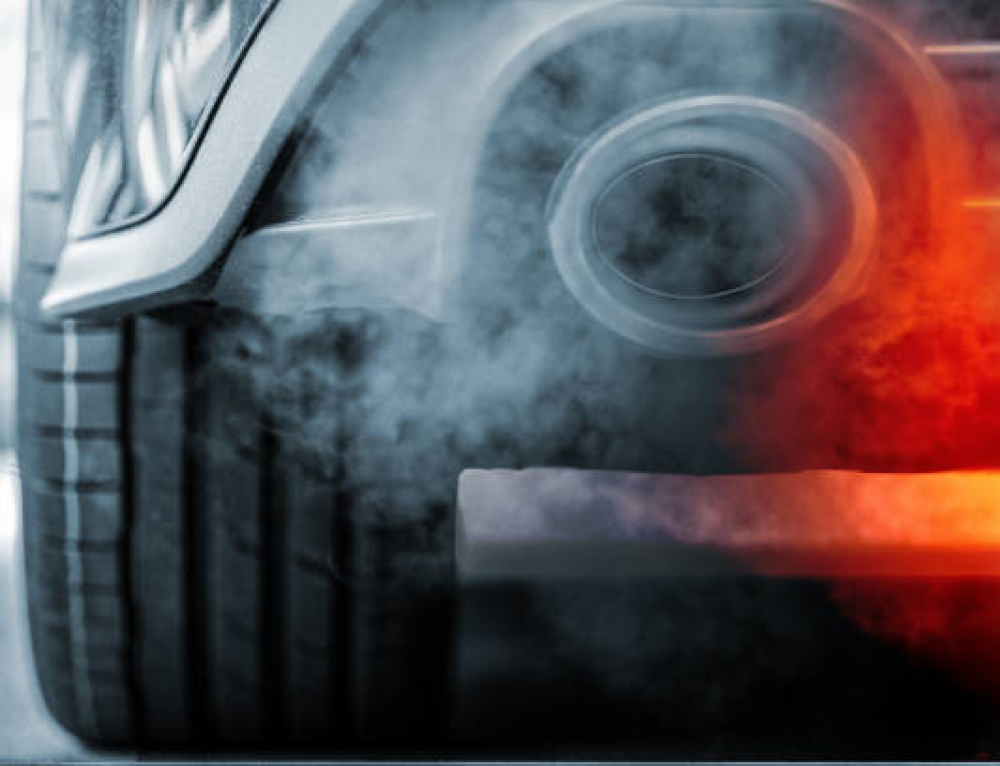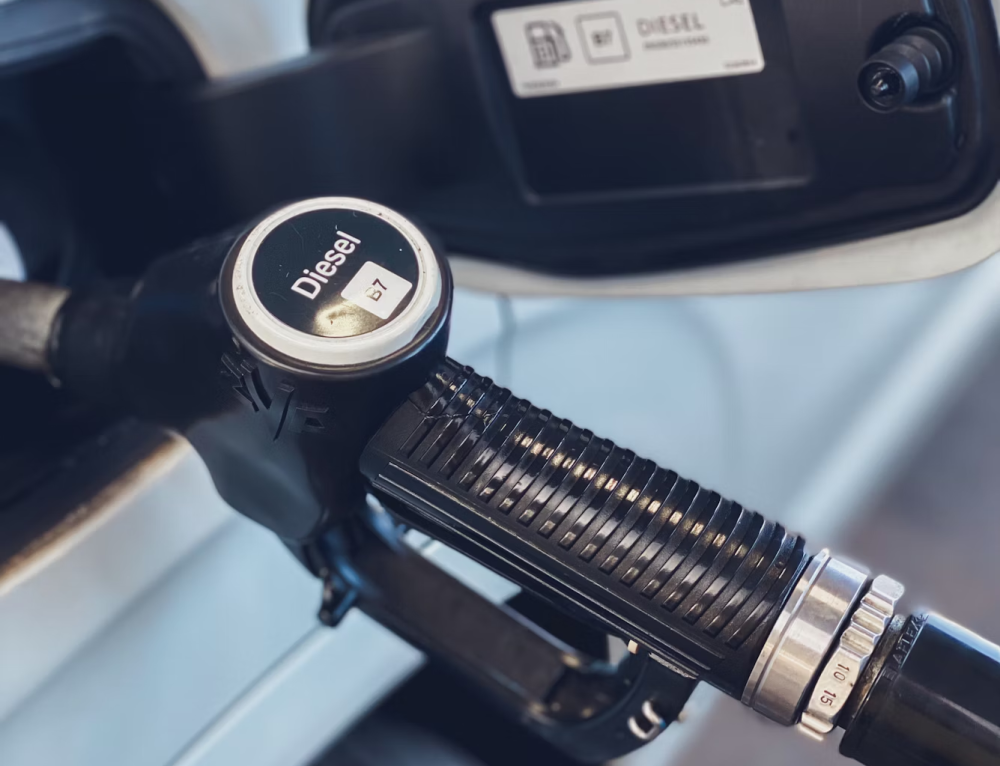Light-duty diesel vehicles are a popular choice among drivers for their reliability, power, and fuel efficiency. However, like any vehicle, they require regular maintenance and repair to keep them running smoothly. In this blog post, we will discuss the top 10 common light duty diesel repairs and provide prevention tips to help you avoid these costly repairs in the future.
Whether you’re a driver or a diesel technician, it’s important to understand these issues so that you can take steps to prevent them from occurring, including proper maintenance and avoiding common mistakes like overworking the engine or trying to dodge regular service intervals. From turbocharger cool-down to DEF management, we’ve got you covered with everything you need to know about maintaining your light-duty diesel vehicle. So let’s dive deep into how you can keep your vehicle running at its best!
Understanding Light Duty Diesel Vehicles
Light duty diesel vehicles, with their lower gross vehicle weight rating compared to heavy-duty trucks, offer versatility for various applications. Maintaining and repairing these vehicles require specialized knowledge and skills, best handled by professional diesel technicians.
Regular maintenance ensures optimal performance and longevity. Understanding key components like diesel engine oil, emissions systems, and diesel exhaust fluid is vital for the proper functioning of commercial vehicles. Let’s dive deeper into light duty diesel vehicles.
What are the common issues that require light duty diesel repair?
Common light duty diesel repair issues include fuel system problems, such as clogged fuel filters or injectors, faulty glow plugs, engine overheating, turbocharger failure, and transmission issues. Regular maintenance and addressing these issues promptly can help prevent costly repairs down the line.
The Role of Diesel in Light Duty Vehicles
Diesel fuel offers superior fuel efficiency and increased torque compared to gasoline, making it an excellent choice for light duty vehicles like the RAM. These vehicles, known for their durability and reliability, are favored by commercial users due to their ability to handle heavy loads.
With a longer engine life, light duty diesel vehicles reduce maintenance and repair costs. Whether you’re looking for performance optimization or light duty diesel repairs, these vehicles deliver outstanding value. Additionally, their robust suspension and steering systems provide a smooth ride.
Importance of Regular Maintenance
Regular maintenance is crucial for the optimal performance of diesel trucks. Services like oil changes, filter replacements, and light duty diesel repairs prevent engine damage and improve fuel efficiency. Professional technicians can detect potential issues early on, saving you from costly repairs.
Maintenance work also ensures compliance with emissions regulations, reducing environmental impact. Regular upkeep extends the lifespan of your truck, maximizing your investment and saving you thousands of dollars in potential repairs.
Identifying Common Light Duty Diesel Repairs

Common light duty diesel repairs may include turbocharger failure, emissions system issues, or engine oil leaks. Addressing diesel exhaust fluid management problems is necessary for maintaining emissions system efficiency. Understanding turbocharger cool-down procedures helps prevent turbocharger failure.
Issues with the diesel exhaust fluid regeneration system can lead to decreased engine performance. Identifying and repairing diesel engine oil leaks is essential to prevent engine damage. For those requiring light duty diesel repairs, timely maintenance and addressing these common problems can ensure optimal vehicle performance.
Turbocharger Cool-Down and Diesel Exhaust Fluid Management
To prevent turbocharger failure, it’s important to let the turbocharger cool down after heavy work or a heavy load. Optimal emissions system performance can be ensured through proper diesel exhaust fluid management. Light duty diesel repairs often include addressing issues related to emissions systems and fluid management.
Regularly checking and maintaining diesel exhaust fluid levels and system cleanliness is crucial. Understanding the diesel exhaust fluid regeneration cycle helps prevent issues with emissions system functionality. To maintain emissions compliance, monitor and replenish diesel exhaust fluid when necessary.
DEF/SCR* Regeneration cycle and DEF Problems
Understanding the diesel exhaust fluid (DEF) regeneration cycle is crucial for maintaining the efficiency of the emissions system in diesel trucks. Issues with the DEF system, such as a faulty DEF pump, can lead to engine performance problems and shorten the life of the DPF. Regular maintenance, including inspections and DEF filter replacements, helps prevent DEF system failures. Trust professional truck repair technicians to accurately diagnose and repair DEF system problems.
Diesel Technician’s Guide to Repairs
Diesel technicians are essential in effectively diagnosing and repairing light duty diesel vehicles. With their expertise in handling a wide range of repair work, from engine maintenance to emissions system repairs, they utilize specialized tools and diagnostic equipment to accurately identify and address diesel vehicle issues. These professionals prioritize customer service, providing honest assessments and transparent repair recommendations. Keeping up with the latest diesel repair techniques and technologies is also a top priority for diesel technicians.
Repair Work for Light Duty Diesel Vehicles
Repairing light duty diesel vehicles involves addressing various issues, including engine repairs, emissions system maintenance, and suspension and steering system repairs. Diesel technicians specialize in diesel fuel system repairs, turbocharger replacements, and diesel exhaust fluid system repairs. They also have experience working with a variety of light duty diesel vehicles, including popular models such as the Chevy Duramax, Dodge Ram Cummins, Ford Powerstroke, and Nissan Titan XD. With their expertise, they are able to handle complex repairs and prioritize reducing downtime to get these vehicles back on the road quickly.
Long-Term Goals for Diesel Technicians
Diesel technicians strive to become ASE certified, showcasing their expertise and professionalism. They aim to enhance their skills in light duty diesel repair, staying updated with evolving technologies through continuous education and training. Some aspire to work with fleet vehicles, providing maintenance services to commercial owners. Career growth opportunities, like becoming a maintenance technician or starting their own diesel repair shop, serve as strong motivations for these dedicated professionals in MI.
How Can These Repairs Be Prevented?
To prevent light duty diesel repairs, regular maintenance is key. This includes oil changes, filter replacements, and fluid top-ups. Following turbocharger cool-down procedures and keeping the diesel exhaust fluid system clean also helps prevent damage to the turbo. Promptly addressing maintenance or repair needs and seeking professional help from experienced diesel technicians can prevent major repair work. Staying updated with maintenance guidelines and manufacturer recommendations is crucial.
Conclusion
To ensure the longevity and optimal performance of your light duty diesel vehicle, it is crucial to understand the common repairs that may arise and take preventive measures. Regular maintenance, such as proper turbocharger cool-down and management of diesel exhaust fluid, can significantly reduce the occurrence of issues. Additionally, being aware of the DEF/SCR regeneration cycle and potential problems associated with it can save you from costly repairs. As a diesel technician, staying updated with repair techniques and having long-term goals for professional growth is essential. By implementing these prevention tips and seeking professional help when needed, you can keep your light duty diesel vehicle running smoothly for years to come. Reach out to us!
Frequently Asked Questions
What are the most common light duty diesel repair issues?
Common issues include clogged fuel filters, faulty glow plugs, turbocharger failures, transmission problems, and diesel exhaust fluid (DEF) system malfunctions. Addressing these promptly can prevent further damage and costly repairs.
How often should I schedule light duty diesel repair services?
Regular maintenance should be performed according to your manufacturer’s guidelines, typically every 5,000 to 10,000 miles. Scheduling light duty diesel repair services annually or as soon as an issue arises ensures optimal performance and longevity.
Can I handle light duty diesel repairs myself, or should I hire a professional?
While basic tasks like checking oil levels or replacing air filters can be done at home, complex light duty diesel repairs, such as emissions system diagnostics or turbocharger replacements, require the expertise of a certified diesel technician.
How can I prevent costly light duty diesel repairs?
Preventive maintenance is key. Follow manufacturer-recommended service schedules, allow turbochargers to cool after heavy use, and monitor the DEF system for issues. These steps reduce the likelihood of major light duty diesel repair needs.
What are the benefits of professional light duty diesel repair services?
Professional services ensure accurate diagnostics, proper repairs, and the use of high-quality parts. Diesel technicians are trained to handle a variety of light duty diesel repair needs, helping to minimize downtime and prevent recurring issues.





